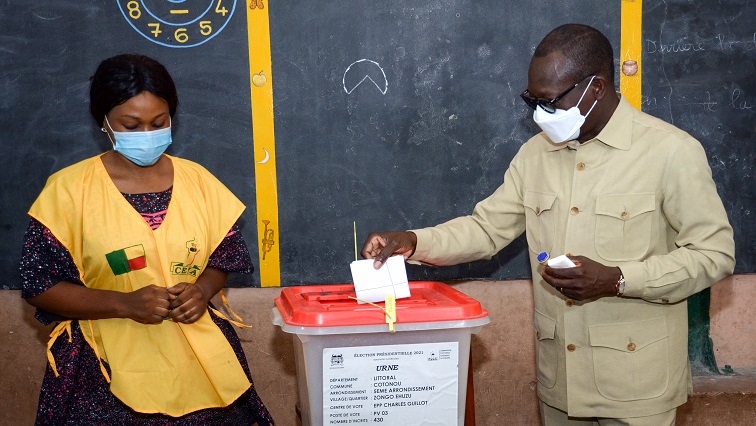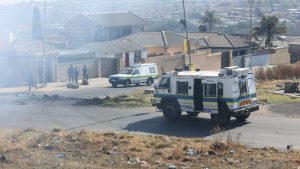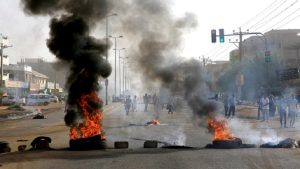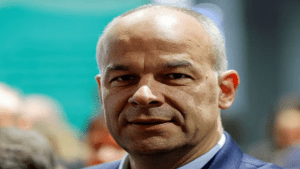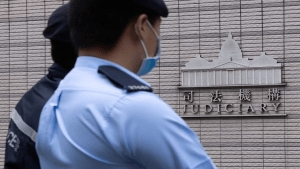Benin’s President Patrice Talon cast his vote on Sunday in a presidential poll boycotted by some opposition parties due to pre-election violence and because they object to Talon seeking a second term.
Talon, a multi-millionaire cotton magnate who touts strong economic growth under his leadership, is accused by his opponents of undermining Benin’s standing as one of West Africa’s most stable democracies.
Protests in several cities this week turned violent. Some people were killed in gunfire on Thursday in the central town of Bante when security forces fired warning shots, its mayor told local radio, without saying how many died.
“I would like everyone to go and vote. Benin is writing another page in its history despite the intimidation,” Talon said after casting his vote at a primary school in the commercial capital Cotonou.
“There are people who have mobilised fighters to attack the republic. Police officers have been attacked with weapons of war. It is regrettable,” he said.
Reuters was not immediately able to confirm where or when such violence occurred.
Among the protesters’ complaints are Talon’s U-turn on a pledge he made as a candidate in 2016 to serve only one term, and changes he pushed through to election laws, which resulted in total control of parliament by Talon’s supporters and the exclusion of leading opponents from the presidential race.
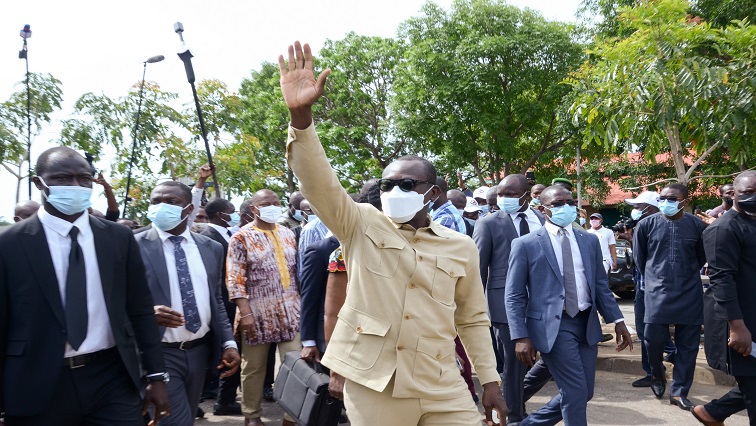
A coalition of opposition parties in a statement late on Saturday called on their supporters to boycott the poll, and voters largely stayed away from at least five polling stations in opposition-supporting areas of Cotonou.
“I think it is an election whose results are known in advance. My vote will not change anything,” said Nadine Abibou, a 27-year-old shopkeeper.
“I will not vote. My candidate has been rejected. I simply pray for Benin,” Benjamin Atigli, a 50-year-old computer scientist.
Others were undeterred by the boycott call.
“I came to vote this morning to choose the president. I hope that the Beninese will come out massively to do the same as I did,” said Diane Fanou, a 30-year-old hairdresser, in the Zogbo neighbourhood.
US democracy watchdog Freedom House downgraded Benin last year in its annual rankings from “free” to “partly free”.
Talon faces two relatively little-known opposition candidates. Several prominent opposition leaders have been detained this year on terrorism-related charges, Amnesty International said. Talon has denied his government is targeting his opponents.
Benin, a country of about 12 million people, became Africa’s top cotton exporter in 2018.


